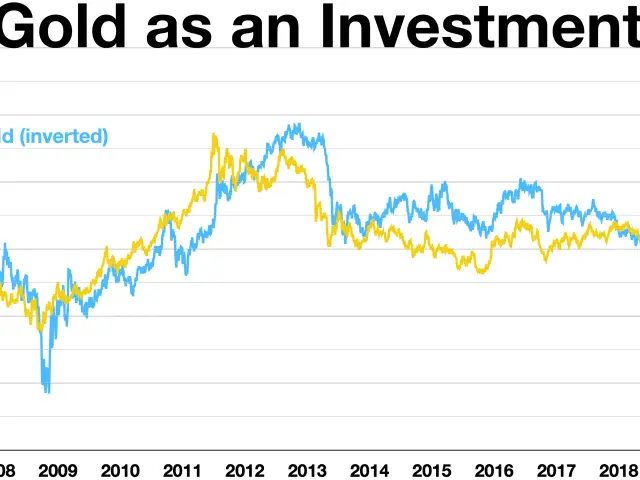Will Senate Republicans thwart the repeal of the climate laws?
In a recent turn of events, a budget bill passed by House Republicans has raised concerns within the clean energy sector due to its phasing out of incentives for energy-efficient home improvements, EV purchases, and renewable energy projects. This move has sparked a heated debate among Republican senators, who are now voicing their reservations about the proposed changes to the Inflation Reduction Act (IRA).
One of the senators leading the opposition is Thom Tillis, representing a state where clean manufacturing and solar project development has seen significant growth. Tillis has expressed his intention to revise the House's cuts to IRA production and investment tax credits, as well as a provision that bars companies with ties to China from accessing incentives.
Joining Tillis in his opposition is John Curtis, another GOP senator, who authored an op-ed warning against a total IRA repeal. Curtis believes that the IRA includes 'frivolous spending,' but emphasizes the need for a thoughtful, principled bill that doesn't undermine American innovators. He also stresses the importance of protecting certain Republican-backed policies within the IRA.
Other Republican senators, including Chuck Grassley, Bill Cassidy, John Hoeven, and Shelley Moore Capito, have also expressed reservations about the House's proposed changes to the IRA. Grassley has suggested finding compromise on extending support for wind power, while Hoeven wants to preserve incentives for geothermal. Capito would like to keep hydrogen incentives alive.
Cassidy may look to change the House's proposed 60-day deadline for accessing tax credits, as this deadline has raised concerns among senators. Tillis has also expressed opposition to the House's provision that would require clean energy projects to start construction within 60 days of bill enactment or lose tax credits.
The Inflation Reduction Act has stimulated hundreds of billions of dollars in clean energy and manufacturing development. Despite this, most of the benefits from the Act have gone to regions represented by Congressional Republicans, a fact that has not been lost on the senators voicing their concerns.
It's worth noting that nearly two dozen House Republicans signed a letter opposing IRA cuts in late March, but none of them voted against the bill when it came to a vote in May. The bill passed the House 215-214.
As the Senate now considers the same bill, at least two GOP senators, John Curtis of Utah and Thom Tillis of North Carolina, have expressed concerns about the aggressive cuts in the current version of the bill. We still have yet to hear from Sen. Jerry Moran, who previously penned a letter in support of IRA tax credits alongside Sens. Curtis, Murkowski, and Tillis.
The Trump administration continues to try to prop up fossil-fuel power plants, but experts and regulators consider this an uneconomical and unwise mission. As the debate over the IRA continues, it remains to be seen how the Senate will navigate these opposing viewpoints and shape the future of clean energy policy in the United States.
Read also:
- Russia, according to Zelensky, lacks the prowess for launching another significant offensive.
- Russia's Latest Peace Proposals for Donbas: New Diplomatic Landscape Emerges amid Alaska Summit, Potentially Opening Ceasefire Opportunities
- Amidst India's escalating climate crisis, transgender individuals continue to persevere
- Contentious Discussion Surrounding the Movie Release of "Planet of the Humans"








